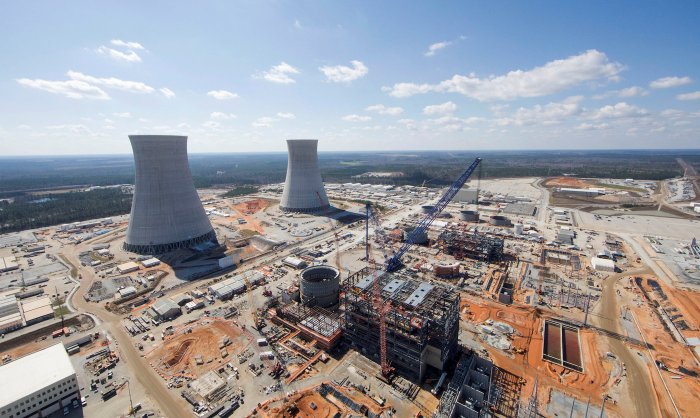By Elzio Barreto and Clare Jim
HONG KONG (Reuters) – Private equity firm Carlyle Group LP The e-commerce sector, growing significantly faster than the broader Chinese economy, will stoke demand for warehouses and logistics assets, while growth in the services industry will fuel demand for office space, Jason Lee, the firm’s head of Asia real estate, told Reuters. He brushed off concerns over slower growth in the world’s second-largest economy and a weaker yuan “If you look at where’s our primary focus today and quite frankly going forward, it’s China and within China, it’s specifically logistics and office,” Lee said.
“This is really part of the whole broader transformation of the Chinese economy, and of course, domestic consumption is the key macro trend. Logistics is highly supported by not only the broader consumption trend, but more specifically, the growth in e-commerce.” Carlyle has invested in more than $6 billion of real estate assets in Asia Pacific, including a $200 million deal in 2013 in logistics company Shanghai Yupei, looking to build 17 modern warehouses across 16 cities in China. The business was listed in Hong Kong as China Logistics Property Holdings Co Ltd <1589.HK> in July, raising around $460 million. Lee said Carlyle was also positive about the office segment, targeting Beijing and Shanghai, because of big demand for services in information technology and financials.
China’s economy grew 6.7 percent in the second quarter from a year earlier, a steady pace from the first quarter, but still the slowest since the global financial crisis.
In spite of the slowdown, volatile domestic equity markets and a depreciating yuan, investing in China is still attractive because some sectors, such as e-commerce and logistics related to Internet sales, are soaring and in need of funds, Lee added. “While we acknowledge there has been a slowdown in China, that’s clearly happening just from looking at the data, we still find China to be a very attractive market to invest fundamentally,” Lee added. (Editing by Jacqueline Wong)
Carlyle to focus Asia real estate investment on China logistics

By Elzio Barreto and Clare Jim


















